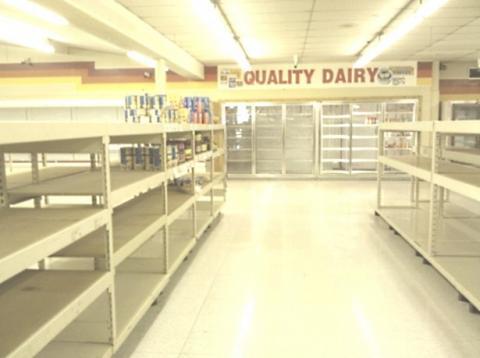No Farmers, No Food, No Life

by Carla Peeters
Current policies in many parts of the world place a priority on climate change for realizing a green new deal. Meanwhile, such policies will contribute to children dying from severe malnutrition due to broken food systems, with shortages of food and water, stress, anxiety, fear, and dangerous chemical exposure.
More negative pressure on farmers and the food system is asking for a catastrophe. The immune system of many people, especially children, has lost its resilience and has weakened too far with high risks for intoxication, infections, non-communicable and infectious diseases, deaths and infertility.
Dutch farmers, of whom many will face a cost of living crisis after 2030, have drawn the line. They are supported by an increasing number of farmers and citizens worldwide.
It's not the farmers who are the most heavy polluters of the environment, but industries who make the products needed for a technocracy revolution to green energy, data mining, and Artificial Intelligence. As more of the WEF plans are rolled out by politicians, inequalities grow, and conflicts are rising all over the world.
The strong farmers' revolt in the Netherlands is a call for an urgent transition to a people-oriented, free and healthy world with nutritious food cultivated and harvested in respect to natural processes. The cooperation of ordinary people worldwide is on the rise to prevent a mass famine catastrophe caused by the plan of scientism and technocracy to rule and control the world by unelected scientists and elites.
Enough food, access to food is the problem
Farmers around the world normally grow enough calories (2,800) per person (while 2,100 calories/day would be sufficient) to support a population of nine to ten billion people worldwide. But still over 828 million people have too little to eat each day. The problem is not always food; it is access. The UN which wrote in 2015 in the Sustainable Development Goals goal 2: No hunger and malnutrition for all in 2030 will not be reached.



























